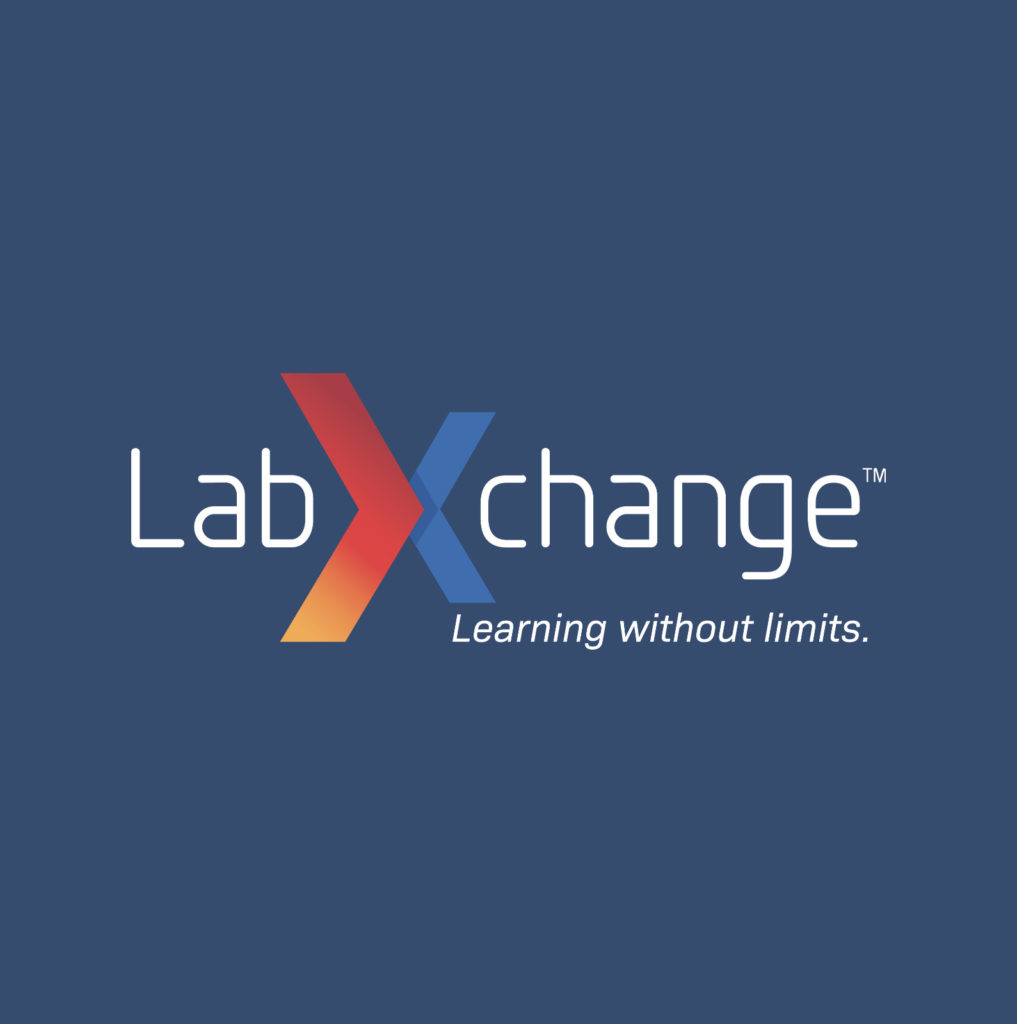I found Professor Goodman's interview with George Church on Personal Genomics to be among the most compelling videos in the module. In particular, I thought Church raised important, eye-opening concerns about CRISPR and Uncertainty. In the interview, he notes that CRISPR (and related technologies) are unique in that people have to decide whether or not they want to participate. As such, potential participants must weigh the enormous capability of CRISPR with the uncertainties. This discussion led me to ponder how different types of people might interpret these considerations differently. Economists often divide people into categories based on their level of risk tolerance, such as risk-seeking or risk-averse. When confronted by CRISPR, risk-seeking individuals might be more inclined to try it, while risk-averse individuals might be more reticent. Thus, uncertainty means different things to different people. And because people's risk tolerance is not simply random, those differences could have significant implications for technologies like CRISPR. For example, recent research has shown that white Americans are systematically more risk-seeking than black Americans. If CRISPR has massive benefits, will those benefits be spread in a racially unequal manner? These are key considerations in thinking about public communication surrounding CRISPR and the future of genomics in general.

Thanks @Andrew Gordan — I agree that George Church gave us PLENTY to think more about. Personal genomics—execuse the intended double-entendre—is a Brave New World.